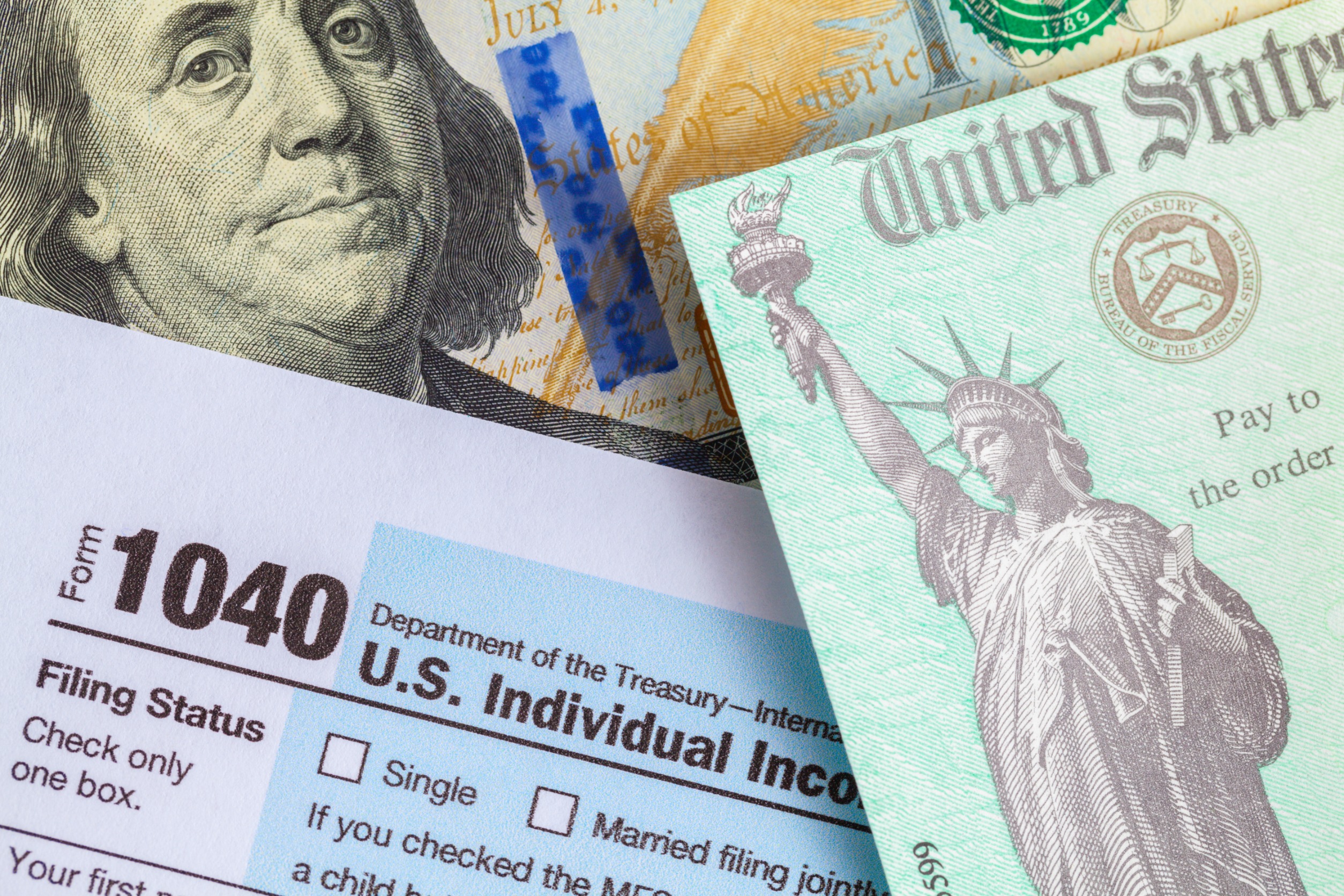If you are a small business owner or freelance worker, this article is for you.
As you probably know, the IRS lets you deduct expenses that are ordinary and necessary for your line of work and that help you do your job. These deductions offset your taxable income, decreasing the amount you pay Uncle Sam and ensuring more of your hard-earned money stays with you.
The problem is that many people do not realize they can deduct far more than just paper, pens, and pencils. And there are too many people who do not realize that items do not have to be used solely for business purposes in order to deduct them. You stand to significantly benefit from deducting items you use for both personal and professional reasons.
Here are a few of these mix-use items you can deduct. But remember to always consult a tax professional to ensure you are getting the best, and most up-to-date, tax advice.
Deduct rent and mortgage interest
Many freelancers and small business owners operate from their houses or apartments. But far too many do not realize that if they are operating from home, they can actually deduct a portion of their rent as a business expense.
You are more likely to qualify for this particular deduction if you have designated a particular space, like an office room or basement, purely for business use. That percentage of use can then be deducted. Homeowners can also deduct mortgage interest payments paid toward mortgage loans.
Deduct phone and internet bills
Just as business owners will use their personal residence to double as their place of operation, so too will many business owners use the same cell phones for both personal and business use. Once again, your phone does not need to be exclusively for business use for you to deduct a portion of its price or phone bill.
You can deduct phone and internet bills proportionate l to their business use. Meaning, if 30 percent of your time on the phone is spent on business matters, you could deduct 30 percent of your phone bill. The same goes for your internet usage and corresponding bill.
Deduct office supplies
When you are working for a company, the supplies are normally right there as you need them. But freelance workers are responsible for building and supplying their own offices. While pencils and pens might not be expensive, printers, desks, and computers certainly are.
Larger purchases, like computers, can either be written off or depreciated over time. And just like the other items previously discussed, computers do not need to be used exclusively for work to be deductible. You can deduct the cost consistent with usage, i.e., 30 percent usage means a 30 percent deduction.
Deduct travel expenses and meals
Not all freelancers work all day from home. Small business owners often travel to meet with clients or network to build their businesses. The costs of travel, both in terms of mileage and gas, can be deducted as a business expense. So too can the meals eaten along the way.
In some instances, you can even deduct a percentage of the purchase of a vehicle.
Are you looking for contract work? See who is hiring at CyberCoders.com.












